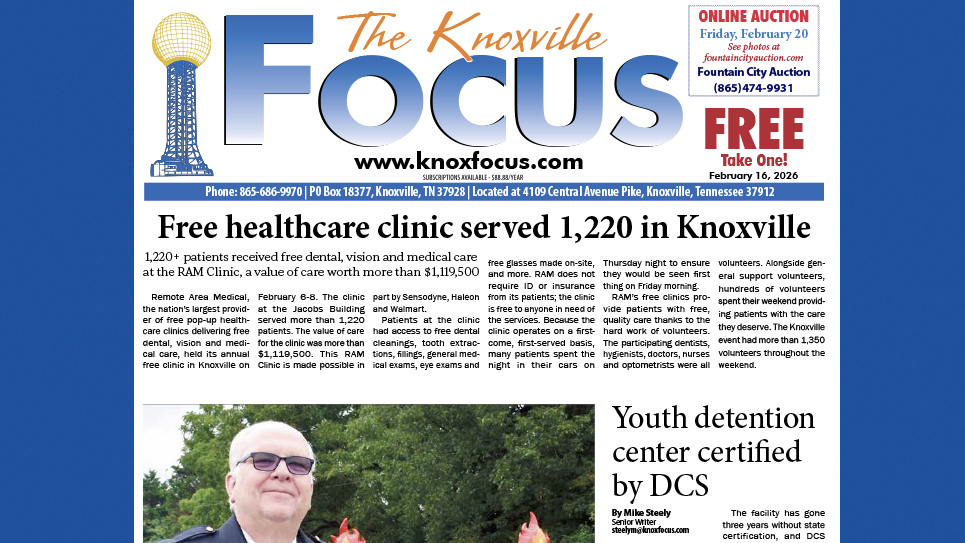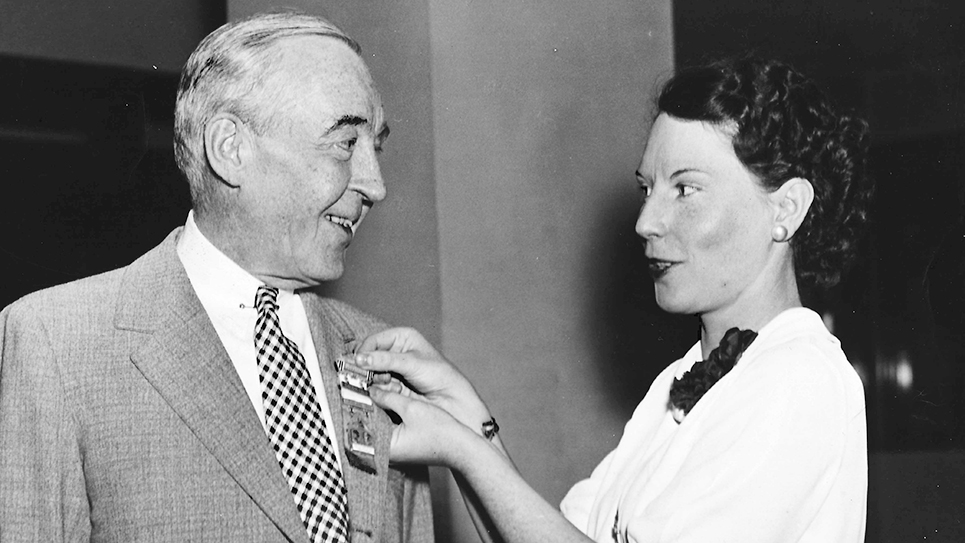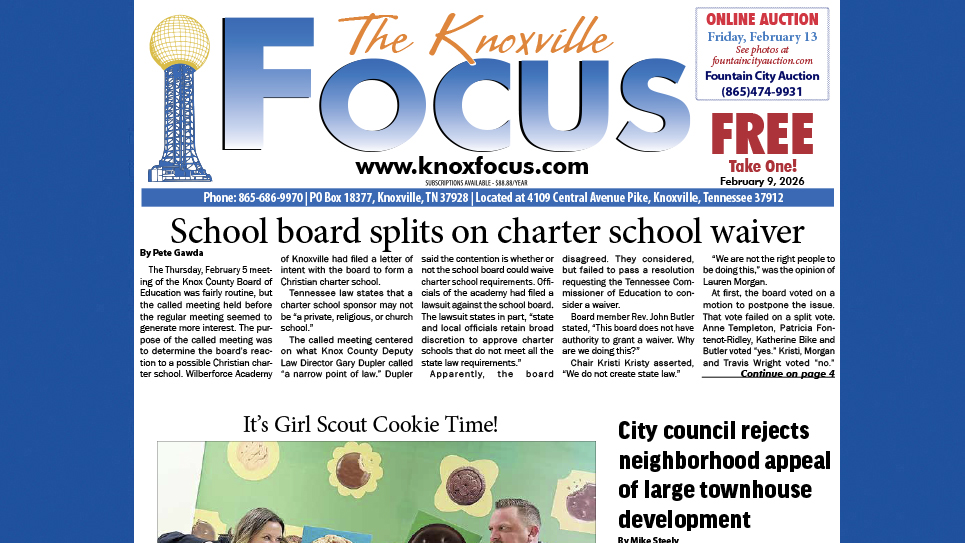When Faith and Fear Collide
By Justin Pratt, Clear Springs Baptist Church Senior Pastor
Fear can be an icy grip that often paralyzes people in their tracks. We’ve all seen or known someone who missed an incredible opportunity because they froze in fear. For example, a student who studied hard might know the answers but never advances due to apprehension. Similarly, a man might miss out on a promotion at work because his fear of failure prevents him from applying. Fear not only whispers worst-case scenarios; it shouts about possibilities, robbing us of what could have been.
This is the story of Israel as God brought them to the edge of the Promised Land, a place that was rightfully theirs. It had been promised to the Old Testament pilgrims who had endured bondage for over four centuries. Now, in the Book of Numbers, they had the opportunity to claim everything that God had promised to their forefathers. With the wilderness dust still clinging to their sandals, they gazed ahead at the hills and valleys of a land flowing with milk and honey. The air was thick with anticipation, and each family wondered what lay ahead.
One by one, a leader from each tribe was chosen to become the eyes of the nation. They would venture into the land to scout it out and provide a report on what they discovered. Twelve men turned and began their ascent up the ridge, their silhouettes fading as they disappeared into the unknown. The future of a nation ventured into this uncharted territory, some filled with great faith while others held seeds of doubt.
They ultimately returned with a divided report. A minority of two concluded that it was an incredible land, promised by God, and that it should be taken. In contrast, the majority of ten acknowledged the same qualities as Joshua and Caleb, but instead of embracing God’s promise, they focused on the giants. This moment represented a clash between faith and fear, forcing those who heard the report to make a choice: faith or fear? Their inability to trust God produced a fear that not only cost them an opportunity but also affected an entire generation.
Fear can be likened to a small trickle of doubt that seeps into the mind, gradually carving a channel through which all our thoughts flow. Over time, a series of minor fears can accumulate, ultimately leaving us feeling paralyzed and unable to function. Fear is a reality that believers often face, and there are moments when fear and faith conflict, with one ultimately prevailing. It’s essential to recognize that, just as the children of Israel did, allowing fear to paralyze our faith leads us to forfeit our peace.
I personally struggle with feelings of fear and anxiety. I work diligently every day to overcome these fears to ensure that I don’t miss the personal Promised Land that God has for me. One way I combat the enemy of fear is by confronting it honestly. I acknowledge my fears and recognize that they are struggles I need to master.
Additionally, I often confess my fears as sins. The issue does not lie in experiencing fear—it’s a natural human emotion—but rather in allowing fear to control us instead of trusting God. The Bible’s repeated message of “fear not” is not a condemnation of the emotion but an invitation to trust in God’s presence and power.
I like to think of it this way: feeling fear is normal and human. However, when fear leads to doubt and disobedience toward God, it becomes sinful. We must acknowledge our sinfulness and seek God’s help to overcome our fears.
Lastly, I take necessary steps to cultivate a closer relationship with God. Simple spiritual practices, such as reading the Bible, praying, and maintaining relationships with fellow believers, have proven to be beneficial during times of fear. True safety is not found in the absence of trouble but in the presence of God.
In my experience, the level of fear we feel often reflects the closeness of our relationship with God. Fear must yield to faith because faith places its trust in a God who never fails.






